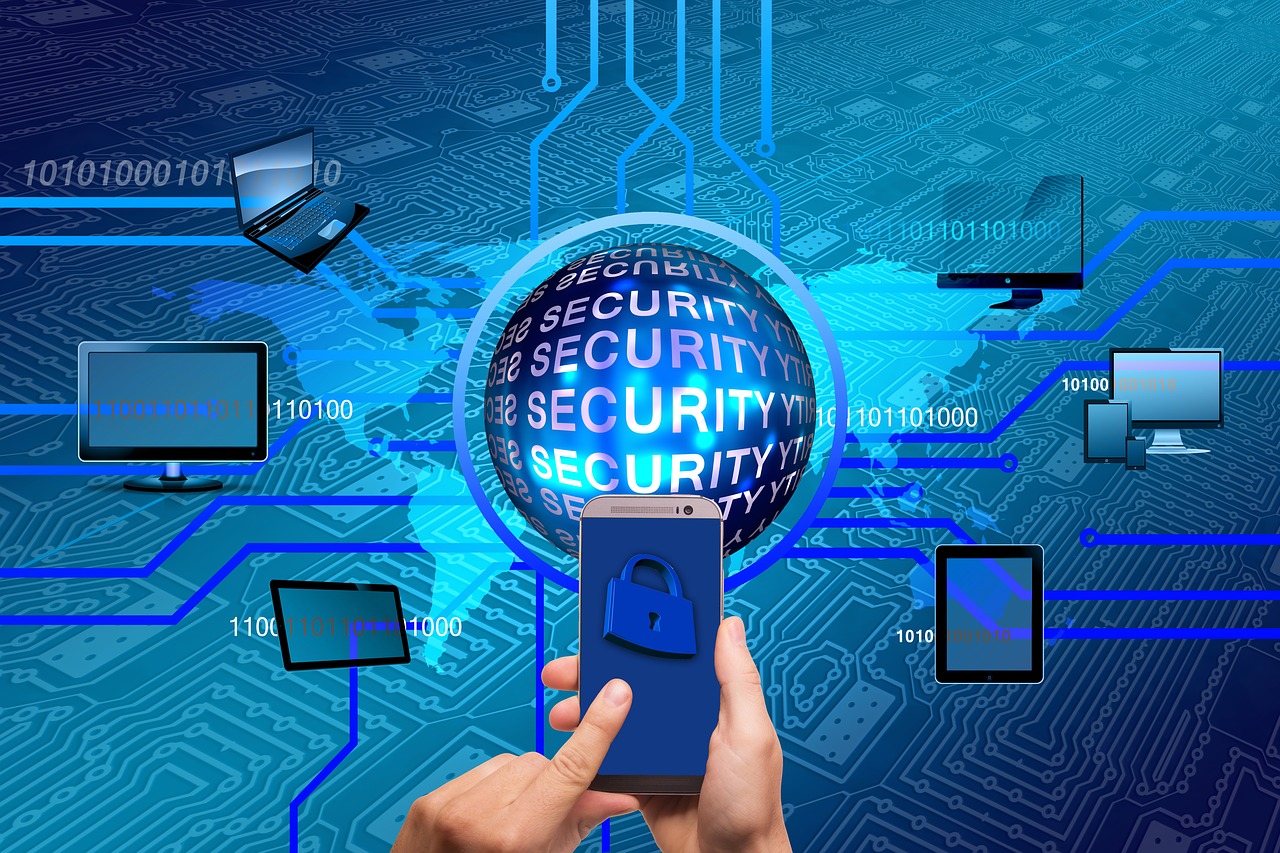Cyber attacks; A term that you’ve not only heard before but completely abhor. Cyber attacks have been increasing in number and sophistication levels, to the point where the future might seem bleak for business owners.
39.3% of small businesses fall victim to cybercrime attacks and the average time to deal with a malware attack is 50 days.
The good news is you’re not bereft of a solution to combating online threats! Now is the time for action. Besides encouraging your employees to abide by good cybersecurity protocol, onboarding an IT security company can also hugely benefit your Toronto business.
But there’s something else. As it turns out, Artificial Intelligence may be the new cybersecurity sheriff in town. Read on to find out more!
Where Cybersecurity Is At Right Now
Today, businesses are placing a heavy emphasis on securing their internal network. If hackers infiltrate one layer of their network infrastructure, it won’t be long before a tiny breach parlays into a bigger threat.
The common method for network protection is installing a firewall. These are either software or hardware tools; the latter of which is physically hooked up to your network. Either way, the firewall’s job is to track network connections and determine what is allowed on what ports, thereby blocking all the rest.
If cybercriminals penetrated through the firewall, the company’s next line of defence is antivirus tools that can scan hardware for malicious vectors. The object is to extract this malware before it spreads to other devices.
Backup management is another essential piece of the puzzle. Businesses can plan for a threat by preparing a disaster recovery plan. One tactic is to run periodic backups on all core systems; that way, information is easily recoverable in the case of a data breach, whittling downtimes to a minimum.
Artificial Intelligence: The New Kid on the Block?
A large portion of legacy cybersecurity strategies and tools call for human interaction or configuration at some point. For instance, a person from IT support is required to prepare the firewall policies and backup schedules and then test them accordingly. AI changes the game completely.
How will AI affect cybersecurity? In the near future, businesses will be able to bank on smart tools to take care of the majority of incident responses and event monitoring activities. It is expected that next-gen firewalls will also have in-built machine learning technology that allows them to detect patterns in web requests and block those that seem suspicious.
What is machine learning in cybersecurity? Machine learning is one type of AI tool that offers computer systems the ability to learn without being programmed outright. This is the technology that relies on developing programs to change and evolve when exposed to new data.
What do cognitive security tools do? This refers to applying AI tools patterned on human thought processes to identify threats and protect software and hardware systems. Thus, they are engineered to solve issues without human assistance.
As is evident, AI is slated to play a huge role in the future of cybersecurity. Apart from solving issues when they do arise, AI will also be able to scan a large portion of data on the web to learn how online threats originate. As such, more effective solutions can be arrived at by decision makers in the company.
Saying Goodbye to Passwords?
Yes, you read right. It may even come to this. Right now, most internet users create their own passwords, however, this way of doing things can become annoying as well as vulnerable to attack; especially if you recycle the same password or use too simple a password.
AI could solve this problem in the near future. New advancements in the world of identity and access management seem to suggest that there might come a day when passwords take second place to smart AI-based systems.
The notion is that the AI bot tracks every last user within the company based on their actions, roles, and privileges. Any deflection from this will be flagged and will call for the person to complete a second layer of authentication; facial recognition, biometrics, fingerprint scans.
The best part about AI is that it is extremely savvy at identifying incidents before they turn into threats. And with these new developments, cybersecurity strategies are rendered all the more effective.
Don’t Be Unprepared: Protect Your Customers and Your Business!
2019 is the year for newer online threats and newer security measures to combat these threats. Is your business prepared to tackle cyber criminals? When there’s this much at stake, it’s always best to be certain!
M.I.T. provides up-to-the-minute IT support tools, designed to keep your infrastructure two steps ahead of malware attacks. Contact us for more information.






